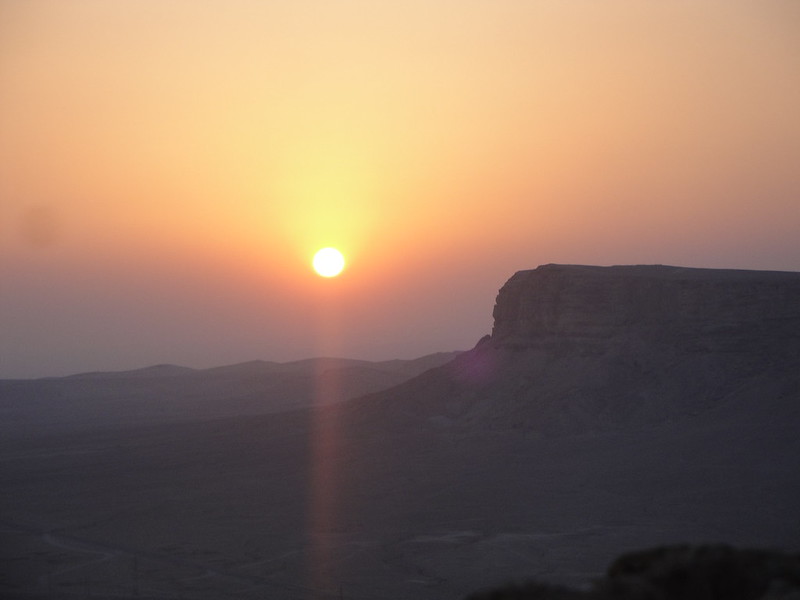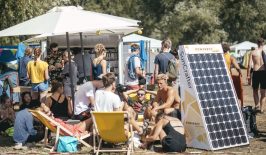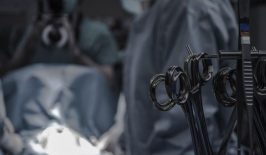The ongoing civil war in Syria has left deep scars. Hundreds of thousands of people have died, millions have left the country and many cities have been almost completely destroyed, with the infrastructure in ruins. Electricity supply is also inconsistent across the country, with many public institutions receiving insufficient power. Hospitals, in particular, are hit hard by the lack of electricity and many health care facilities are supplied by diesel generators instead. However, this is not ideal, as limited diesel supplies and bottlenecked logistics during periods of high demand put patients’ lives at risk.
In 2015, a bottleneck like this resulted in a humanitarian catastrophe: The cities of Aleppo, Idlib and other regions were cut off from supplies of diesel. The hospitals there were without electricity for 25 days, resulting in fatalities. As a result, members of the UOSSM (Union of Medical Care and Relief Organizations) founded one of the largest medical NGOs in Syria with over 2,000 employees. The Syria Solar initiative was launched in 2016 with the aim of converting the health care system nationwide to one that uses renewable energies.
Solar Power Can Save Lives
The Syria Solar initiative installed the first solar system in a hospital in northern Syria in 2017. This solar plant covers 20-30 percent of the daily energy demand. If there is a lack of diesel, the most important areas – such as operating theatres, intensive care units and emergency rooms – will continue to be supplied with solar power. In July 2019, the second solar system was installed in a hospital in the northwest, which is considered one of the most important with its specialisation in orthopaedics. The initiative expects the panel system to save 60,000 litres of diesel fuel per year, which would correspond to 40 to 45 percent of the annual energy costs for the hospital.
“Renewable energy for health facilities in particular is necessary for ensuring that the services which local communities depend on continue to be provided without interruption. Not only does it have the potential to democratize the way we use energy, but it can also localize the key ingredients that enable the health system to operate” said Talal Kanaan, founder of the Syria Solar and HIRS initiatives, in a press release.
By 2020, more than 45 health facilities in northwestern Syria are expected to use solar energy as their primary power source, in collaboration with health authorities in northwestern Syria. The conversion to solar energy is being implemented by various international organisations and Syrian NGOs.
This is a translation by Mark Newton of an original article that first appeared on RESET’s German-language site.





